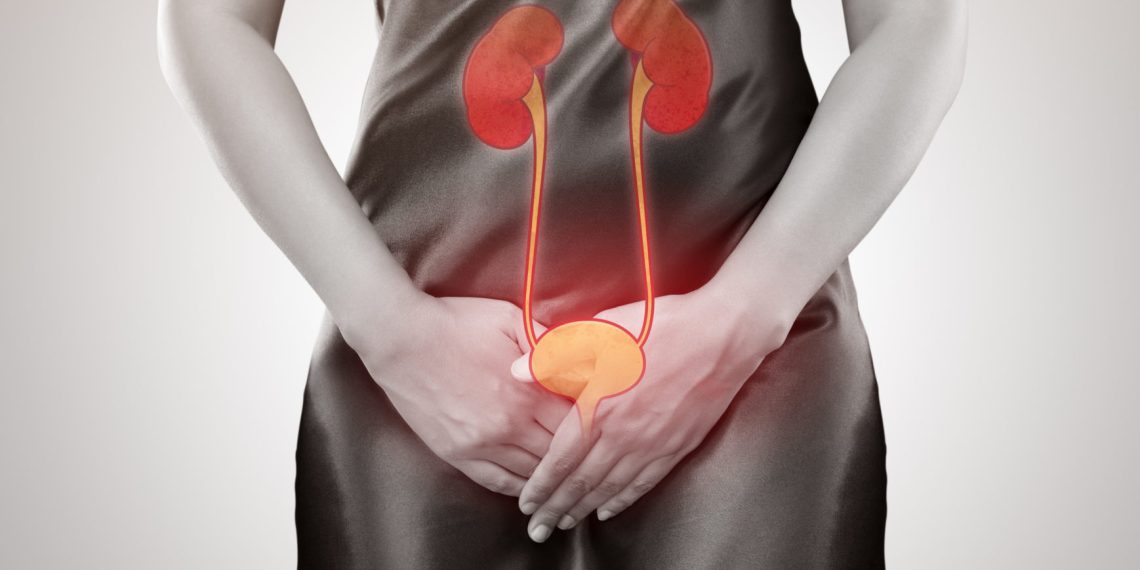The kidneys are a major organ in the body and they are responsible for maintaining normal fluid and electrolytes in the body and also the formation of urine. It is one of the organs in the urinary tract which also comprises of the bladder, and ureters.
Urinary tract infections can occur sometimes and when the kidney is affected it is known as a pyelonephritis. This can cause quite a bit of discomfort and is said to be responsible for up to 10,000 annual hospital visits, which means that is is somewhat common.
Here are a few signs to look out for which may point towards a kidney infection.
Frequent Urination
One of the earliest signs of a kidney infection is a frequent urge to pee. If you find yourself running to the restroom more often than usual, it may be due to the irritation caused by infection. This urge may remain, even when the bladder is empty. Due to the nature of the female anatomy, women are more prone to kidney infections because the female urethra is relatively short and so it is easier for bacteria from outside to travel up to the bladder and kidneys.

Pain When Urinating
When there is a kidney infection present, you may find urinating to be painful. Since the structures of the urinary tract are connected, pain and inflammation can occur all the way from your urethra up to your kidneys. This means urine can cause burning and pain as it travels through your urethra.
Smelly or Cloudy Urine
Fermentation of bacteria can occur when there’s an infection in the urinary tract and this may lead to foul smelling urine. Urine can become cloudy as the white blood cells form to fight off the infection. A combination of white blood cells and bacteria can contribute to the cloudy appearance of pee. Other causes of cloudy urine are kidney stones, sexually transmitted diseases, vaginitis, and diabetes.
Fever
Fever can be an indication of a kidney infection. In fact, in very young children fever may be the only symptom of this infection.

Back, Side or Groin Pain
The anatomical location of the kidneys is in the lower back, therefore pain of a swollen, irritated kidney can result in lower back pain. This pain may also radiate to the side or groin area. If you are diagnosed with a kidney infection, your doctor may recommend pain medication in addition to antibiotics. Additionally, a warm heating pad may help relieve this pain.

Pus or Blood in Your Urine
If you see pus in your urine, seek medical attention immediately, as this indicates a severe infection or an abscess in your bladder. This whitish-yellow or brownish-yellow fluid is made up of dead white blood cells that have formed as part of your body’s immune response to the infection. Blood may also appear in your urine as your body tries to fight off the infection. Kidney stones, bladder cancer, or kidney cancer can also be causes of blood in the urine. Never ignore pus or blood in urine!
Now that we know what to look out for, here are a few tips to prevent a kidney infection.
- Be sure to drink plenty of water.
- Try not to hold urine for too long. Go to the restroom when you feel the urge to urinate.
- Urinating and washing the genitals after sexual intercourse can keep harmful microorganisms from getting into the urinary tract
- Wipe from front to back following a bowel movement in order to prevent bacteria from reaching your urethra.






